
Making Enemies: The Silberstein Affair and the Austrian Election
Much has been written about the Austrian Parliamentary election 2017 and its aftermath. Sebastian Kurz (ÖVP) recently became Europe’s youngest head of government after reaching a coalition agreement with the right-wing FPÖ. He had cleared the path to becoming Austrian Chancellor by defeating incumbent Christian Kern (SPÖ) in a controversial election. This article examines the so-called Causa Silberstein, exploring the reasons that turned the affair into a scandal, and asking if it contributed to the defeat of the SPÖ in the Austrian Parliamentary election. The Silberstein Affair At the end of September, Austrian magazine Profil reported that Kern’s Israeli political consultant Tal Silberstein was behind two Facebook pages: ¨Wir für Sebastian Kurz¨ (¨We for Sebastian Kurz¨) and ¨Die Wahrheit über …
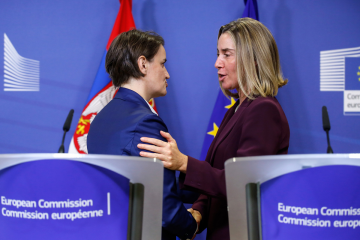
Walking a Tightrope: Serbia Between East and West
Despite the fact that other countries of the Western Balkans are already part of NATO and the EU, Serbia is pursuing close ties both with Eastern and Western powers. Ana Brnabic, Serbia’s Prime Minister, has stated that “Serbia should not be asked to choose between the West and Russia.” According to her, Serbia is pursuing a “balanced foreign policy.” Such a policy is not necessarily new, as during the Cold War, the former Yugoslavia cooperated with both the East and the West. But in today’s contentious geostrategic climate, such a “neutral” policy means precariously walking on a tightrope bedeviled by pitfalls and competing interests. The EU’s Increasingly Ambiguous Appeal For centuries, Serbia has been Russia’s main ally in the Balkans. …
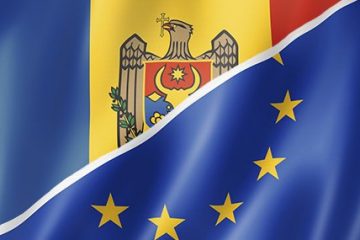
Waiting for Godot – Moldova’s derailed European course
Less than one month ahead of the next Eastern Partnership summit, the Republic of Moldova is again in Brussels’ spotlight. The country’s commitment and adherence to a path of more closely aligning with the European Union is rapidly fading despite being considered back in 2014-2015 the “successful story” of the EaP initiative. The government in Chisinau, which has proclaimed itself to be “pro-European” has shown no desire to push for necessary reforms in key areas, such as the justice sector. Instead, it has acted with the sole purpose to maintain power and preserve the status quo after the parliamentary elections of 2018, regardless of the costs for relations with the EU. The fact that Moldova’s government has been increasingly non-acquiescent …
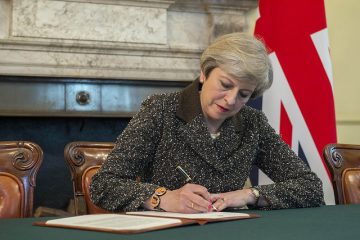
Why a larger Conservative majority in Westminster may lead to a weaker bargaining position in Brussels
It is predicted that Prime Minister Theresa May’s Conservative Party will achieve a significant victory in the upcoming general election on June 8. If the predictions are correct — though at the time of writing Labour is advancing in the polls — May will find herself in a more comfortable position domestically, governing with a larger majority. On the international stage, however, will this increase in domestic power lead to an advantage for the United Kingdom at the negotiation table in Brussels? The Brussels-based press seems to think so, writing that “victory will allow May to head into EU-UK Brexit negotiations with a strengthened hand at home” and “if the U.K. holds a general election in June, Brussels can only lose.” May …
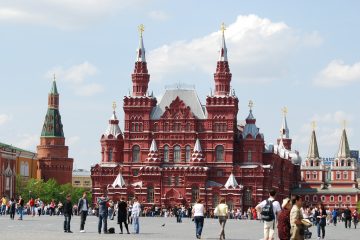
Presidential Proxies: Cloaked Law-making in Contemporary Russia
The Russian newspaper Vedomosti recently reported something that may strike many as rather odd. Drawing on a range of internal sources, the paper claimed that the Russian Presidential Administration was increasingly using members of the Federation Council – the upper chamber of the Federal Assembly, whose members are colloquially referred to as “senators” – to introduce bills into the federal legislature. This use of senators as law-making proxies is puzzling because of the President’s formal law-making powers: According to article 104, section 1 of the Russian Constitution, the President of the Russian Federation has the “power to initiate legislation”. In practice, this means the President has the authority to introduce bills into the State Duma – the lower chamber of the …
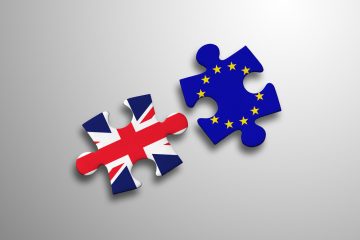
“National interest” – what do we mean?
“National Interest” has entered the lexicon as a phrase that implies a realist approach to International Relations. It carries an assumption that is it possible to define the national as a melding and cohering of all interests, including business, sectoral, regional, and religious, within a country. When politicians use the phrase National Interest they seek to convey a message about the importance of what they are saying. It is a term deployed to allude to grand ideas and strategies and to conjure up an image of national power, rather than to illuminate what is actually going on in the foreign policy process, or routine political activity. The phrase can and has been applied to the military, political and economic spheres—the …

Romania may have the most to lose from Moldova’s presidential election
Moldova is due to hold presidential elections on 30 October. Alexandru Damian examines what the implications of the election may be for Romania, which has previously expressed support for the current Moldovan government. He suggests that with the government’s preferred candidate facing a challenge to make the second round of the contest, supporting Maia Sandu from the Action and Solidarity party may represent the best option for promoting reform in the country. Shaken by political and economic instability, and divided between pro-Russian and pro-European positions, Moldova is presently awaiting critical presidential elections on 30 October which will help shape the country’s future trajectory. But against this backdrop, Romania’s engagement with the country over the last year could well be described as a …
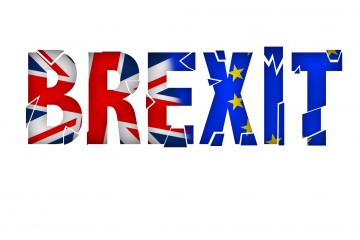
Four Lessons from Brexit and its Fallout
There is no shortage of lessons to be learned from Brexit and its fallout – for politicians, businesses and the public alike. For strategists, analysts and advisors, these past few weeks have provided a host of examples of both good and bad practice. Surveying recent events, four take-aways stand out: 1) Forecast, don’t predict No one predicted this. Nor did the polls or the betting markets. Even the leaders of the Leave campaign did not predict Brexit. More than this, though, no one predicted that within weeks of a vote all of the Leave campaign’s victorious leaders would have resigned from the field and a new Prime Minister (who supported Remain, however quietly) would be installed in Downing Street. Polling …









